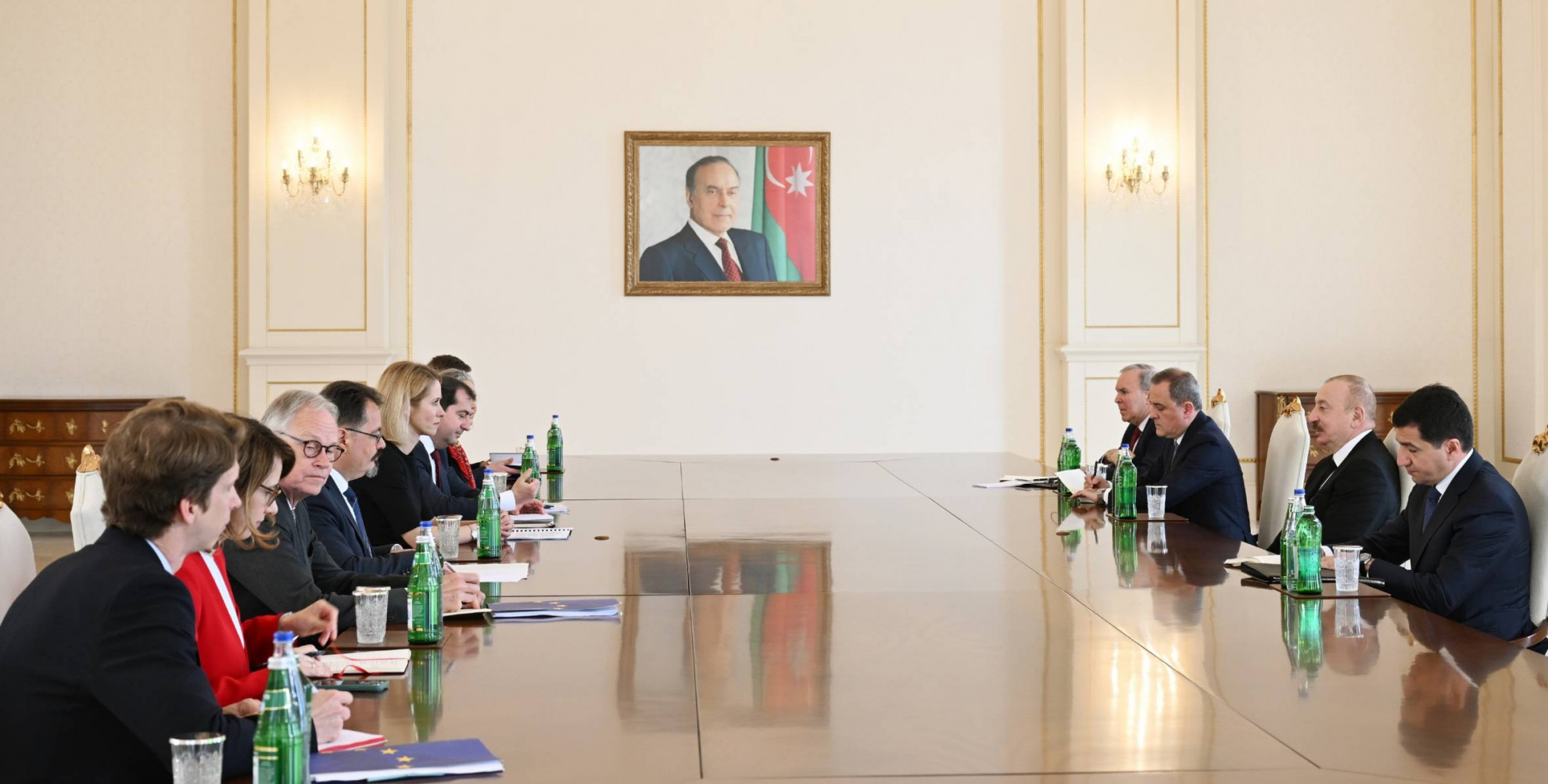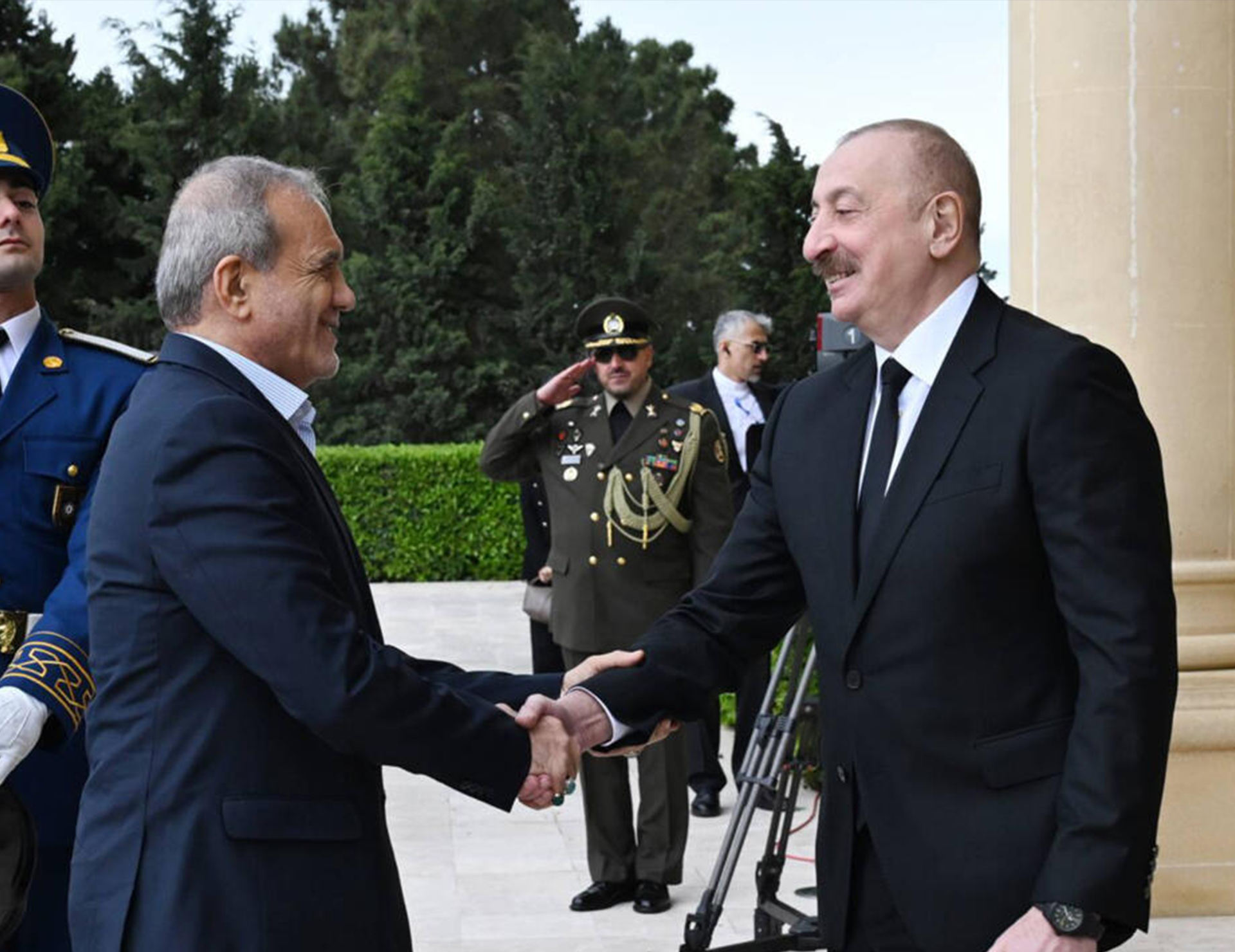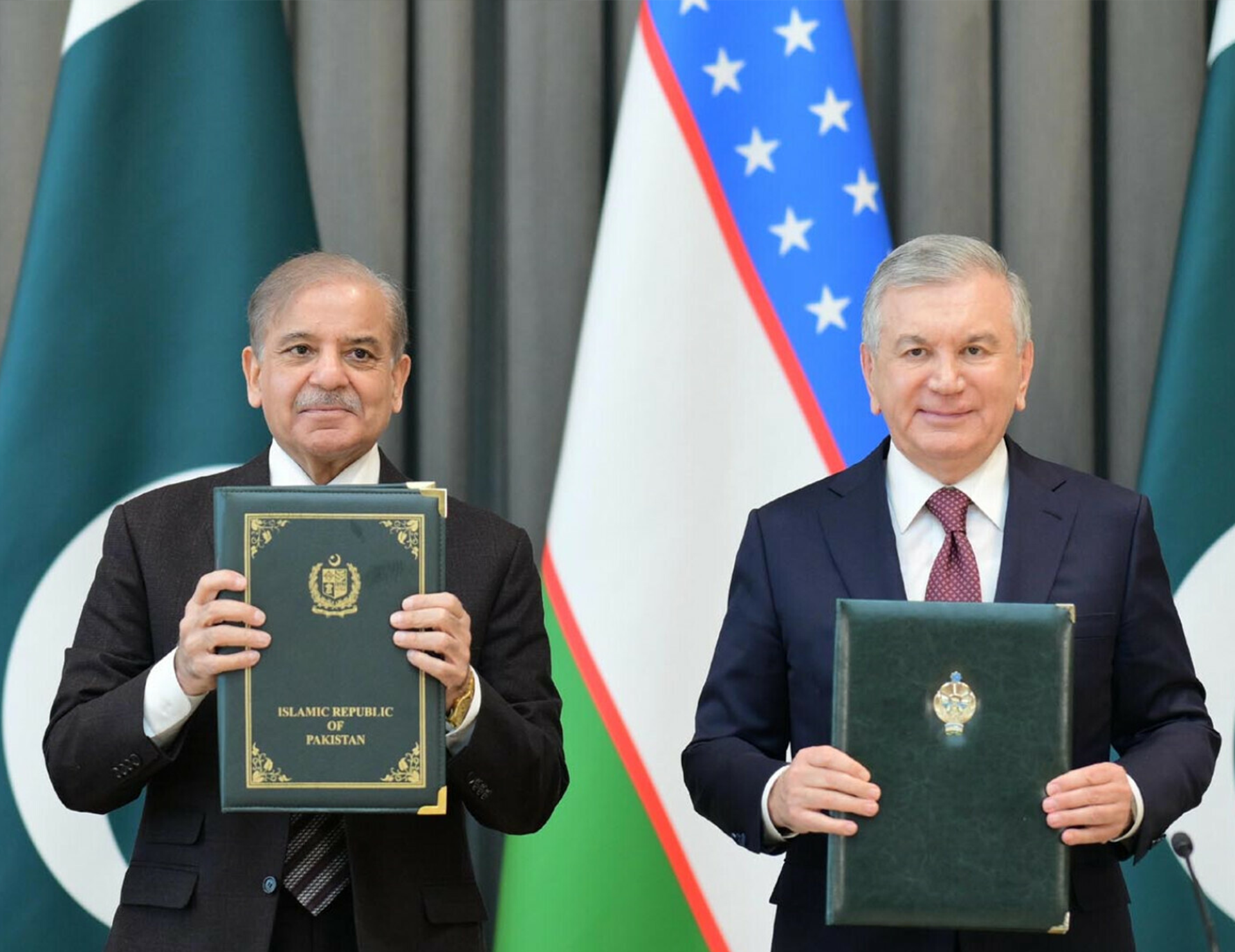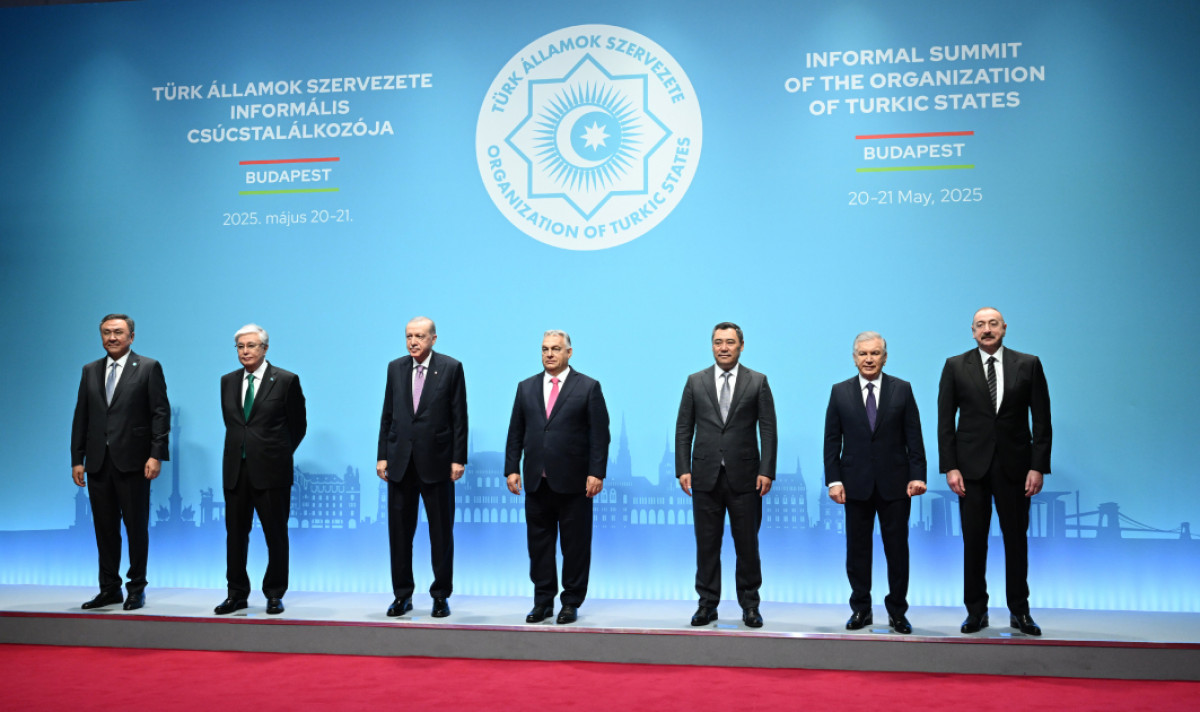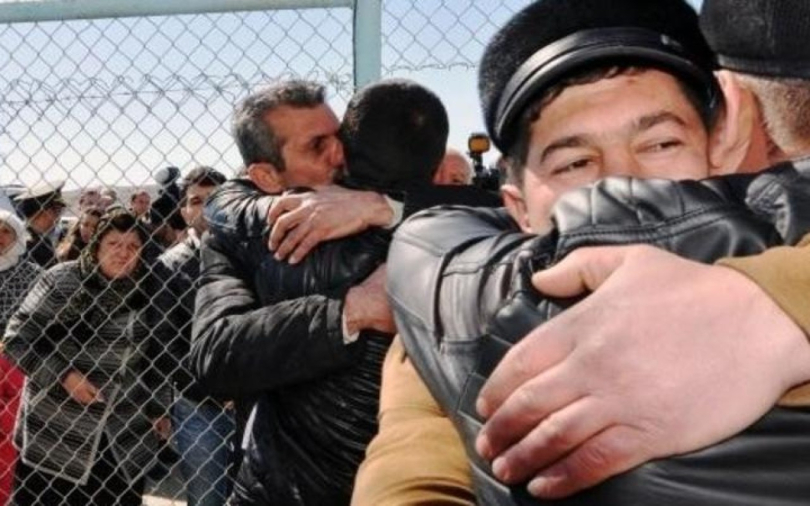On April 25th, the High Representative of the European Union for Foreign Affairs and Security Policy, Kaja Kallas, paid a visit to Baku. During her diplomatic engagement, Ms. Kallas conducted bilateral meetings with the President of the Republic of Azerbaijan, Ilham Aliyev, and subsequently engaged in discussions with the Minister of Foreign Affairs of Azerbaijan.
The deliberations encompassed the extant state of relations between the two entities, alongside an exploration of prospective avenues for enhanced cooperation across the political, economic, energy, transportation, and other pertinent domains. Following these engagements, at a joint press conference convened at the Ministry of Foreign Affairs of Azerbaijan, both parties characterized the discussions as productive, expressing a shared conviction regarding the potential for a more profound and intensified partnership between the European Union and Azerbaijan in the ensuing period.
The visit marks a potential turning point in the bilateral relationship, demonstrably indicating the European Union’s recognition of Azerbaijan’s strategic importance and a discernible willingness to revitalize relations that had experienced a period of strain. The preceding stagnation in this relationship originated from several factors, encompassing resolutions adopted by the European Parliament, statements issued by former High Representative concerning Azerbaijan, the allocation of military aid to Armenia under the auspices of the European Peace Facility, and the relocation of the European Monitoring Mission along the Armenian border. With specific regard to the latter issue, it is pertinent to note that the mutually agreed-upon text of the peace treaty includes a provision stipulating the non-deployment of third-party military forces along the provisional border.
During the press conference held at the Ministry of the Foreign Affairs of Azerbaijan High Representative Kaja Kallas stated, “Azerbaijan is an important partner in the region, it is an appreciated energy partner for the European Union, and together we have made significant progress in strengthening our ties. You have helped the European Union diversify its energy supplies and strengthen our own energy security at a time when the world is facing unprecedented challenges.” Furthermore, she stated that discussions encompassed modalities for augmenting trade and enhancing connectivity within the region, establishing linkages between the EU, the South Caucasus, and Central Asia.
High Representative Kallas’s remarks reaffirm the European Union’s acknowledgment of Azerbaijan’s strategic importance as a major transport hub between the Black Sea and the Caspian Sea, as well as its critical role in Europe’s energy security. Since the Trans-Adriatic Pipeline (TAP) became operational at the end of 2020, Azerbaijan has supplied natural gas to ten European countries, including eight EU member states. Two key factors have enhanced Azerbaijan’s standing as a reliable energy supplier in recent years. First, the Russia-Ukraine war has prompted the EU to diversify its energy routes. Second, amid the emerging trade tensions between the United States and the EU — which threaten to drive up the cost of LNG exports to Europe — the Union increasingly seeks stable partners capable of delivering affordable pipeline gas, even under volatile geopolitical and economic conditions.
It is noteworthy to add that Azerbaijan is also planning to provide Europe with electricity produced from alternative energy resources. On September 5, 2024 Azerbaijan, Georgia, Romania and Hungary signed a shareholders’ agreement on the launch of Green Energy Corridor Power Company that will oversee the implementation of the Green Corridor project, which envisages a high-voltage direct current (HVDC) interconnector under the Black Sea linking Azerbaijan to Hungary via Georgia and Romania. Furthermore, Bulgaria has also expressed its willingness to join this project.
During the COP29 summit convened in Baku the preceding November, Azerbaijan, Kazakhstan, and Uzbekistan formalized a strategic partnership agreement centered on the advancement and conveyance of green energy. This accord contemplates the collaborative development of a sub-Caspian clean energy transmission cable intended for the export of renewable energy resources to European markets. This sub-Caspian sea infrastructure is projected to interconnect with the sub-Black Sea cable transmission line in subsequent phases.
At the press conference Kaja Kallas also underscored the strategic significance of enhanced connectivity between EU, South Caucasus and Central Asia. Given its pivotal role within the Middle Corridor, Azerbaijan presents a salient opportunity for the European Union to establish a crucial land bridge connecting Europe with Central Asia and the People’s Republic of China. Recognizing the intrinsic importance of developing robust transportation and communication infrastructure along the Middle Corridor for the facilitation of European trade, the European Union exhibits a discernible inclination towards intensifying cooperative engagements with the South Caucasus and Central Asia. It is pertinent to note that, less than a month ago, the President of the European Commission, Ursula von der Leyen, concluded a strategic agreement with Central Asian nations, encompassing enhanced cooperation across various domains such as trade, energy, transportation, green transition, and investment. This accord may serve as an indicator of the European Union’s strategic interest in the diversification of its economic and energy policies through the augmentation of trade relations with Azerbaijan and Central Asia, thereby necessitating investment in connectivity infrastructure traversing the South Caucasus and Central Asia towards the Far East. Furthermore, it warrants noting that the visit of Vice-President Kallas to Baku transpired immediately following the landmark visit of President Ilham Aliyev to the People’s Republic of China, during which a Joint Statement on the Establishment of a Comprehensive Strategic Partnership Declaration was signed between the respective parties.
On the other hand, Azerbaijan views the EU as a key partner in trade, energy, and transport cooperation. As Kaja Kallas pointed out, the EU is currently Azerbaijan’s largest trading partner. Indeed, trade turnover between the EU and Azerbaijan last year reached 20 billion dollars making the EU Azerbaijan’s top trade partner. It is important to note that the export/import balance between the parties extends beyond gas and oil, which constitute the lion’s share, to also include agricultural and industrial products. Beyond that, the EU is also actively supporting demining efforts in Azerbaijan which is an important contribution due the still-growing mine-related casualties in the previously occupied territories of Azerbaijan.
Finally,this visit can also be seen as a major step toward finalizing the comprehensive partnership agreement that had been negotiated between the EU and Azerbaijan since 2017, despite relative standstill that these negotiations experienced in the last couple of years. As Foreign Minister of Azerbaijan stated, around 90% consensus had been reached on the issues covered by the agreement, and though some topics remained open, it was agreed to take practical steps toward completing it.
Consequently, the outcomes of the High Representative Kallas’s visit suggest an optimistic outlook regarding the potential for a positive recalibration of the bilateral relationship and the commencement of a new chapter of engagement. Taking into consideration political-economic instruments of the EU and the role of Azerbaijan as transport and energy hub but also as a reliable partner that pursues multi-vectoral policy, enhanced EU-Azerbaijan cooperation might contribute to the development of the entire Eurasia region. Overall, the results of the visit show that relations are moving to a new and more advanced stage.

